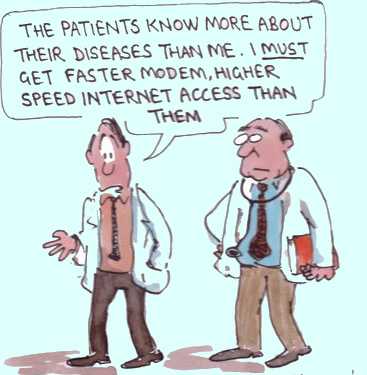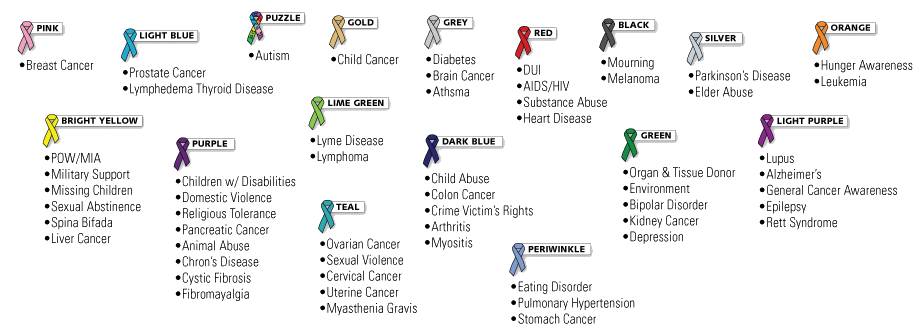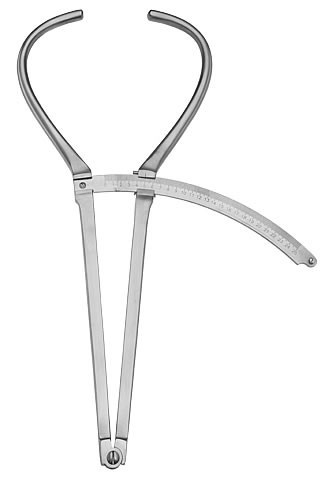How Current Technologies Are Improving Patient Knowledge

In today’s world, many people attempt to diagnose their own problems based on the symptoms they are having while referring to Google. In many cases, the diagnosis has been as accurate as what many doctor’s would provide. This doesn’t mean that patients should be encouraged to determine their own treatment. Nor does this knowledge entitle anyone to perform operations on themselves or others. However, can the available knowledge help in a patient’s recovery or further enlightenment of a specific situation?
2. Pride – Someday, you may meet the patient that knows more about his or her specific condition than you. Don’t discourage the findings, but embrace them. If possible, sit down with the patient and have them take you to the site that displayed the information. Although you may have attended the best medical school in the world and paid dearly for tuition, nobody knows everything about the human body. It is an on-going process of developments and discoveries. Collaborate the patient’s findings with colleagues and other professionals in order to ensure the validity. If the facts are support by your patient’s discovery, then you learned something new and can help them by combining what you already know.
3. Patience with Your Patient – Some individuals will come into your office claiming that they read on a blog the symptoms they are feeling for a specific disease. Although all of your tests prove otherwise, this individual may be set in his or her decision that they are dying. Unfortunately, many diseases and illnesses mimic other symptoms and are nearly indistinguishable outside of a blood test. If you try to patronize the patient, he or she may become irate to the point of verbal outbursts. The best thing you can do in this situation is calmly explain why they aren’t suffering from the self-diagnosed illness and that there are other complications that can act in the same manner. Keep in mind; you can’t satisfy 100-percent of the people 100-percent of the time.
4. Keep Apprised – Don’t be afraid to skim Google yourself when looking for specific information.. There is a great deal of valid information on the Internet and there are many sites that are tailored to health and treatment options. It doesn’t hurt to keep your finger on the pulse of humanity and see for yourself which information can be trustworthy and what can be thrown out. If you can prepare yourself before these search-engine-doctors arrive, you can be better equipped to handle most situations that develop.
The last thing a patient wants to hear from his or her doctor is the phrase, “I don’t know.” However, you shouldn’t assume that a specific problem is caused by other factors that may not even be related. You wouldn’t give someone aspirin if he or she complains about a crunching noise coming from the shoulder. A guess could be more damaging to a patient than not knowing the problem.
Author Bio:
Rachel is an ex-babysitting pro as well as a professional writer and blogger. She is a graduate from Iowa State University and currently writes for http://www.babysitting.net She welcomes questions/comments which can be sent to rachelthomas.author @ gmail.com.






